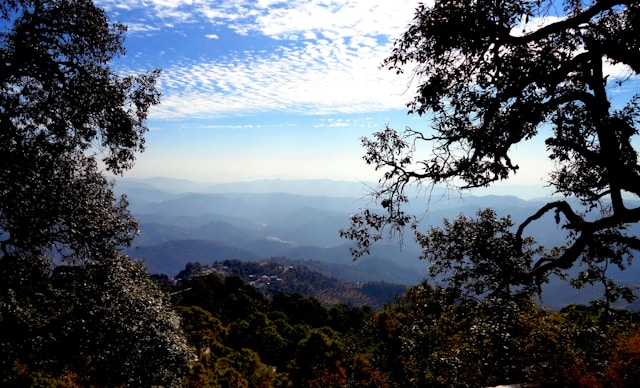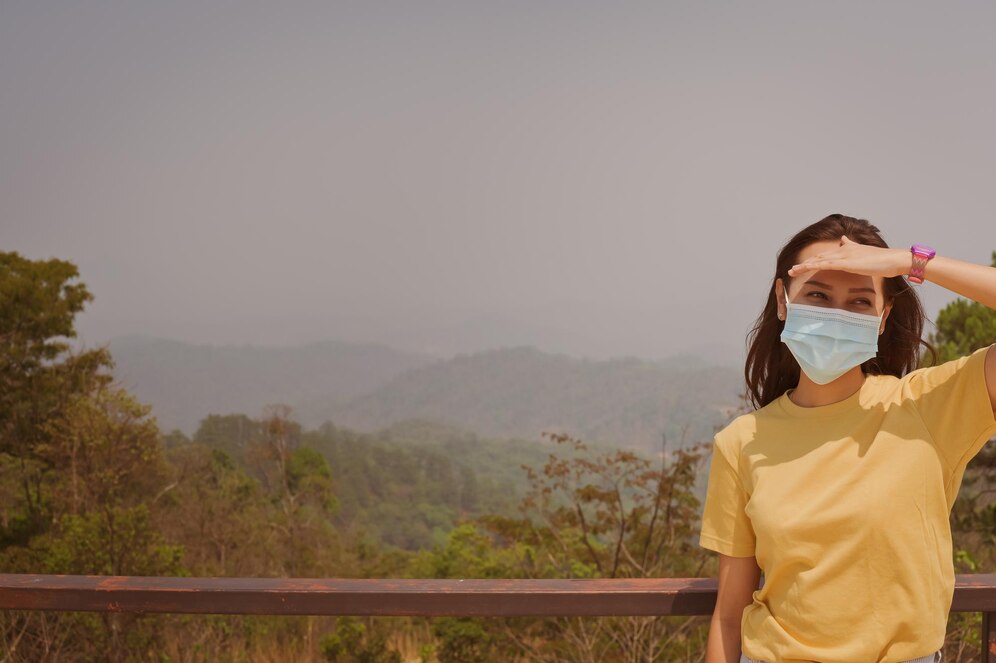Contents
When the camera is not in use
There is a truth that not many people talk about. These are the behind-the-scenes moments that don’t make it to Instagram reels: missing flights, losing power while editing, or chasing morning shots with almost no sleep. A lot of the time, travel bloggers give up comfort for information. To make a link, they spend hours changing the lighting, walking on land they don’t know, or trying to say words from the area.
Still, it’s all worth it. Every trip makes them think of old photos and adds color to their blogs. They don’t just sell places; they sell feelings, points of view, and a bit of honest truth. People don’t just read when the words match the event; they feel it.
The reason why travel bloggers write more than they travel
Most people who aren’t travel bloggers think that they are always “on vacation,” but that’s not really the case. A blog post that seems easy could take five hours to research locations, four hours to take pictures, and several late nights to put together in a way that makes sense and ranks well. It doesn’t matter if your feet hurt or your hostel didn’t have Wi-Fi—Google just wants SEO, reading, and value.
Because of this, serious writers use tools like Ubersuggest and Grammarly to make sure their posts are perfect. It has to do with writing clearly, regularly, and still sounding like a person. It’s not as easy as it looks.
Finding a Balance Between Looks and Realness
It’s tempting to only post the best views, but travel blogs who are good at what they do know that being real is better for connecting with people than being perfect. Sharing things like wet days, missed buses, or language problems helps people relate to you. People don’t want a tour guide; they want to talk to someone who has been there.
It’s those bloggers whose stories are both inspiring and honest that people not only click on them, but also save them. They also build societies, not just groups of people who watch.
Making Money While You’re Moving
No, not always in the ways you think. A lot of trip bloggers do make money. Affiliate links and sponsored posts from Amazon and Flipkart bring in money, but it’s not an idle source of income. These bloggers constantly try headlines, keep an eye on metrics, and promote their posts.
They can make money from their talent by selling digital goods like eBooks, travel guides, or pre-set filters on sites like Gumroad and Payhip. You have to build trust over time, which can take months or even years.
Things that travel bloggers need to keep writing
There are some useful tools that go along with every trip story:
Canva to make images
Idea for putting information in order
WordPress to host a blog
Google Analytics to keep track of growth
Without these, there is no stability. Bloggers do more than just write. They also sell, edit, take pictures, and sometimes even help with IT for their own sites.
How to Deal With Burnout
It’s hard to turn off when the whole world is your job. Making content all the time, feeling like you have to post often, and trying to get great engagement all can lead to burnout. That’s why some travel blogs go on trips without telling anyone, take breaks, or disappear for a while. It’s not giving up; it’s getting refreshed.
As important as any location is taking time for your mental health, setting limits, and making schedules that you can stick to. A tired voice can’t tell interesting stories, after all.
From Wandering to Having a Goal
A lot of people start blogs just to record their trips, but over time, they often turn them into ways to travel with a purpose. Some are more interested in ecotourism, others in local crafts, and some even become supporters of slow travel.
Blogs help them see not only places, but also trends, like how people live, deal with problems, and smile even when things are hard. Travel is more than just seeing sights; it’s also about you, makes you think, and changes you.
Somewhere on a bus ticket are the last words
You should know this if you want to become a trip blogger: it’s messy, crazy, tiring, and magical. While you’re after them, you’ll change, not because of the views you’ll see. Your work will get better. A picture will say more than words. Your blog may begin as a diary, but it will grow into a voice, a road, and maybe even a life story.
Some people won’t understand your journey, but you write for those who can feel it through your words.
Frequently asked questions
Why do travel bloggers write more than they travel?
Because blogging requires research, editing, SEO, and writing clearly. A single blog post can take hours or even days.
How do travel bloggers make money while traveling?
They earn through affiliate links, sponsored posts, digital products like eBooks, and sometimes travel guides.
What tools are essential for travel bloggers?
Tools like Canva, WordPress, Google Analytics, and Grammarly help travel bloggers stay organized and consistent.
How do travel bloggers handle burnout?
They take breaks, set boundaries, focus on mental health, and sometimes travel without sharing online.
Why is honesty important in travel blogging?
Because readers connect more with authentic travel experiences than with perfect images.
Disclaimer: This article is for informational purposes only. Earnings, strategies, and tools may vary depending on individual use and effort.





